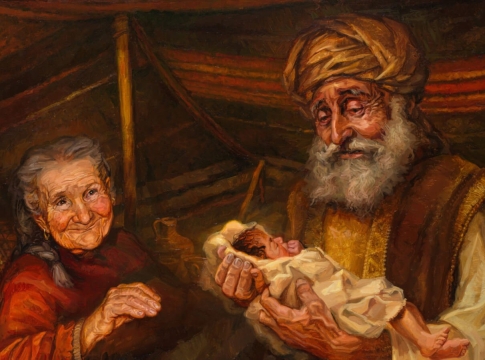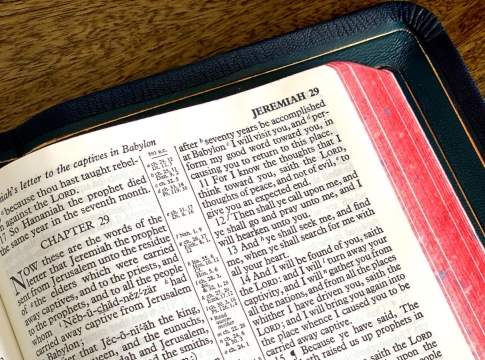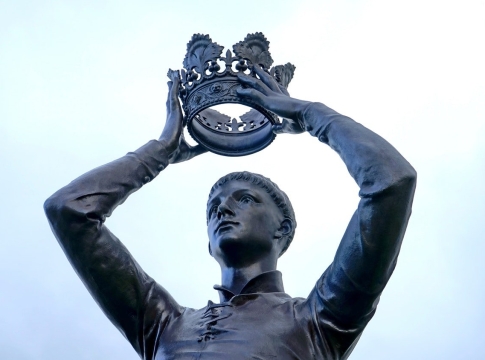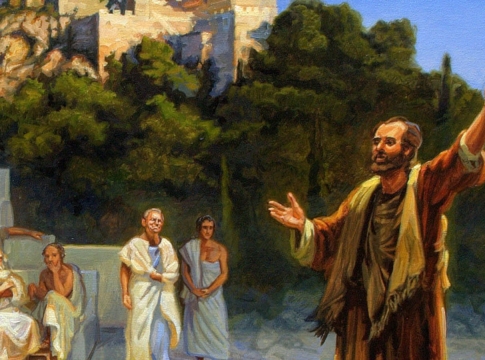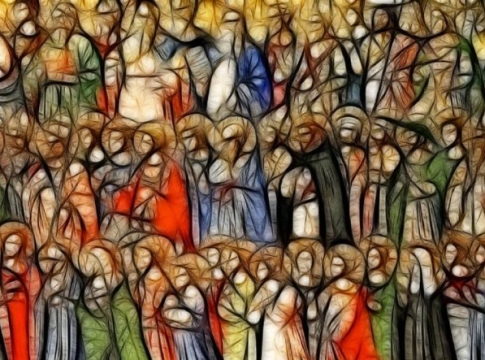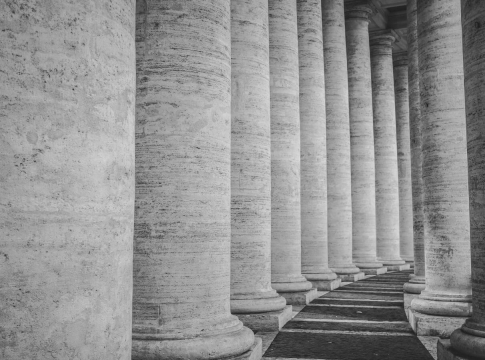
Prophet Isaiah lived in the eighth century BC. For a synopsis of the content of one of the Bible’s largest prophetic books, visit this article. He also penned several lost historical writings (see 2 Chronicles 26:22, 32:32). What lessons can we draw from the life narrative of this prophet and who was he?
Historical background
According to Isaiah 1:1, Isaiah lived “in the days of Uzziah, Jotham, Ahaz, and Hezekiah, kings of Judah.” Judah attempted to make alliances with other kingdoms during this time because they were frightened by the Assyrians’ growing power—a move that God disapproved of and which did not work out well. There was a lot of political upheaval at the time.
All we know about the prophet Isaiah’s personal history comes from the Bible, which states that he was Amoz’s son. According to a Jewish custom (which is not found in the Bible), Isaiah’s father was King Amaziah of Judah’s brother, suggesting that Isaiah came from a royal lineage. It is evident from Isaiah’s book that he was married and had children named after highly unusual, prophetic people (see Isaiah 7:3, 8:3).
Isaiah’s calling as a prophet
In Isaiah six, we read about a vision that Isaiah had. In this vision, he saw the Lord in His splendor and holiness surrounded by seraphim. Isaiah was deeply impressed and said, “Woe is me! For I am lost; for I am a man of unclean lips, and I dwell in the midst of a people of unclean lips; for my eyes have seen the King, the Lord of hosts!” (Isaiah 6:5). But God appointed him as a prophet. He received a strange commission, “Go, and say to this people, Keep on hearing, but do not understand; keep on seeing, but do not perceive. Make the heart of this people dull, and their ears heavy, and blind their eyes; lest they see with their eyes, and hear with their ears, and understand with their hearts, and turn and be healed.” (Isaiah 6:9-10)
God foretold that the people would not listen to Isaiah’s sermons, that they would be banished, and that their land would become a barren wasteland. The book of Isaiah is replete of prophesies, not just regarding the impending wrath of God but also of the hope that awaits Israel after the exile—namely, the restoration of Israel’s dire circumstances. Isaiah not only preached but also carried out God’s admonitions. He “walked naked and barefoot for three years as a sign and a portent against Egypt and Cush,” according to Isaiah 20:2-4, for instance.
Isaiah and the Judean kings
God sent Isaiah to the Judean kings on several occasions. While he occasionally offered consoling and reassuring words, he also foretold God’s impending judgment.
King Hezekiah was put in an extremely tough situation when the Assyrians besieged Jerusalem, according to 2 Kings 18–19. In addition to expressing his desperation to God, the king urged the prophet Isaiah to “lift up your prayer for the remnant that is left” by sending a few top officials to see him. God “will make [the Assyrian king] fall by the sword in his own land,” according to Isaiah’s assurance to the king (2 Kings 19:4-7, Isaiah 37:4-7). And what he said happened. Since they both revered and feared God, King Hezekiah and the prophet Isaiah got along well. However, when King Hezekiah sinned, Isaiah did not hold back in telling the truth (see 2 Kings 20:14-19, Isaiah 39:3-7).
Isaiah keeps trusting God
The messages of the prophet Isaiah were not always pleasant. He had to announce that God would destroy His beloved people for their continued sinfulness. But he also spoke about a future Messiah and the restoration of Israel. Isaiah himself died long before any of these future blessings came true. He trusted God completely even though he did not see the fulfillment of many of the prophecies he gave. “I will wait for the Lord, who is hiding His face from the house of Jacob, and I will hope in Him” (Isaiah 3:17). The apostle John comments that, “Isaiah said these things [particular prophecies] because he saw His [the Messiah’s] glory and spoke of Him” (John 12:41). Although Isaiah lived hundreds of years before the Messiah was born, he “saw His glory” by faith and rejoiced in God’s promises of restoration and blessing.
Some lessons for us
- Isaiah was a devoted servant of God, despite the difficulties of his assignment! May we be motivated by his example to faithfully complete the responsibilities that God has given us.
- Isaiah did not see the fulfillment of God’s promises, yet he still believed in them. He “walked not by sight, but by faith.”
